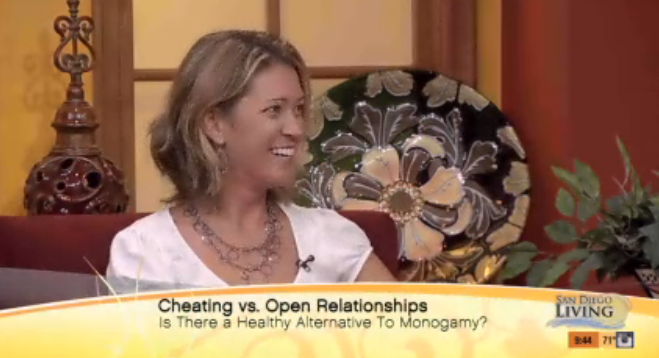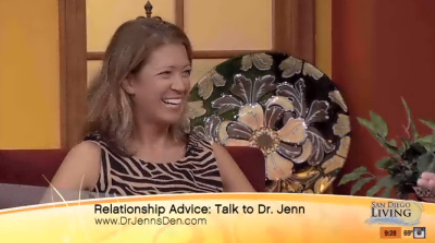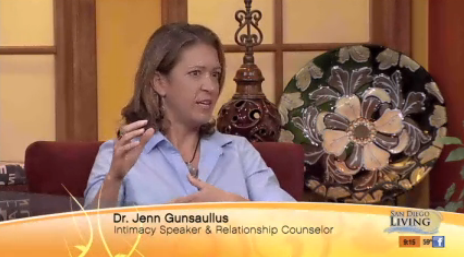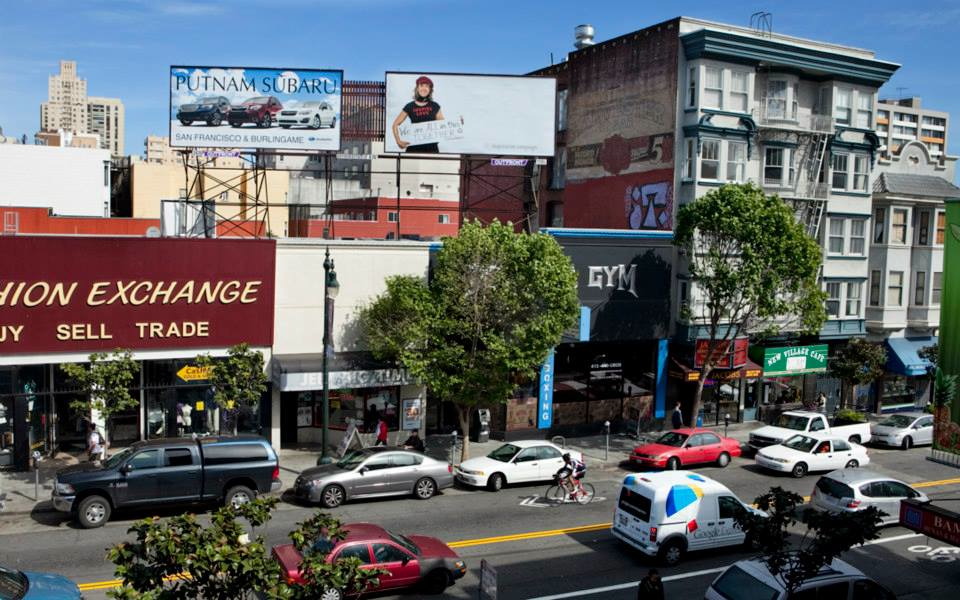I love things like that! Immediately I knew the message I would pose with: We are ALL in this TOGETHER. That was the vibe I felt and loved about the conference, as well as the mantra that keeps me on track daily with my values. I also happened to be wearing my “Inspire Love” tshirt I had made several years ago, and I appreciated the coincidental double messaging around love, awareness, and compassion!
“We are all in this together” refers to my belief that as humans, we all want the same basic things: to be seen, heard, respected, and loved. Wanting to be acknowledged in such ways, though, makes us vulnerable. And feeling vulnerable can be a scary feeling, so we put up all sorts of facades to pretend we’re not vulnerable and defensive reactions to not feel the pain. This makes us hide from what we really want. It can also make us less compassionate to the needs of others, who just want to be seen, heard, respected, and loved too. I prominently see this is the news regarding race relations, gay rights, or reproductive rights. However, there are many more places this is relevant that might not make it to our radars, such as discussions around people with disabilities, homeless people, or trans-identified individuals.
When I remember that we are all in this together, it helps me get my head out of my own ass. It helps me shift from fear, defensiveness, anger, or disconnect, to a place of open-mindedness and compassion. And that helps me inspire love.
What does the “THIS” mean to you, in “We are all in this together”? How do you think we're all linked, or what helps you be more compassionate to others? What are your ideas about how we could do things differently? Please tweet, take a photo, or make a video, and let me know! (And tag me @drjennsden and/or use the hashtags #THISMeans #AllTogether #PositiveMedia.)















































